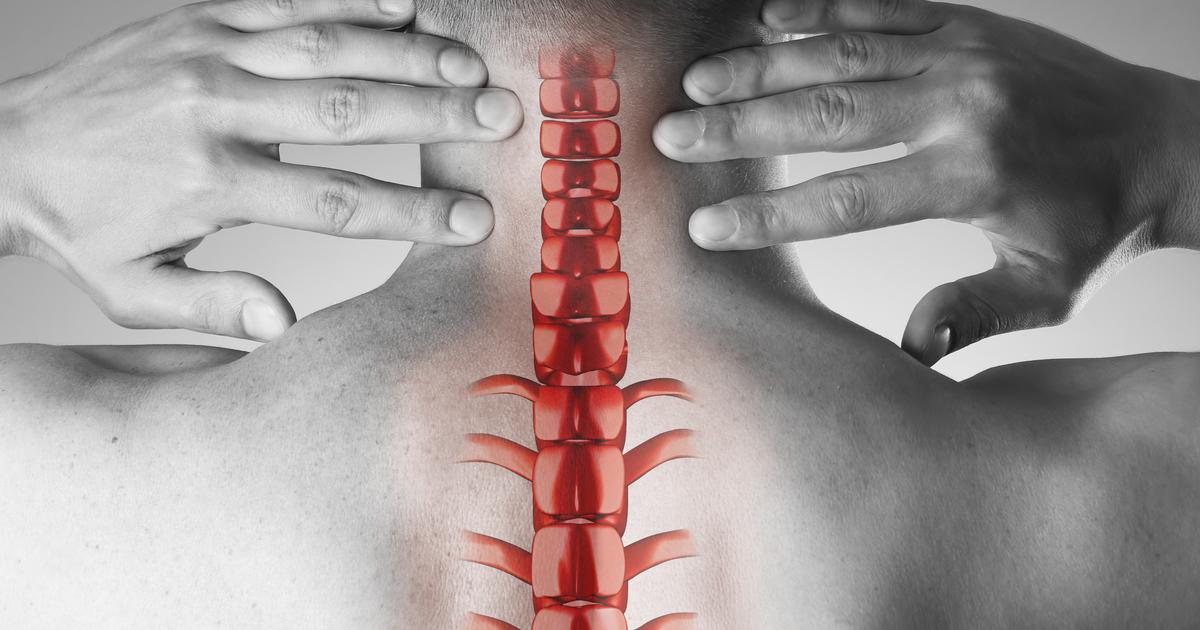What Causes Scoliosis?
Myotonia

Myotonia is a condition that causes impairment of a muscle's ability to relax. It's a neuromuscular condition, which means it's caused by the nervous system and affects the muscles. Any muscle group may be affected. Individuals who have myotonia might struggle to release the grip they have on objects or struggle to stand up from a chair. Their gait may also be stiff and awkward. Myotonia occurs when there's an abnormality in a muscle's membrane, and it often appears alongside genetically inherited neurological disorders. If myotonia occurs alongside scoliosis, both scoliosis and myotonia may be symptoms of a larger neurological disease. It's also possible myotonia may impede normal spine growth, depending on the muscles it affects.
Spinal Cord Trauma

Spinal cord trauma can sometimes lead to the development of scoliosis. When scoliosis is caused by trauma, it's typically called a 'paralytic curve.' With paralytic conditions, the muscles don't work properly, and when muscles around the spine don't function correctly, it can lead the spine to develop incorrectly. If the muscles are paralyzed, the spinal cord may curve over several years rather than developing straight. Typically, this kind of scoliosis occurs because there were injuries to the spinal cord that led to paralysis. Spinal injuries are extremely serious because they can lead to paralysis and even death. If an individual has been injured in the spine, they should call for emergency medical help, and avoid trying to move, as moving may make the condition worse.
